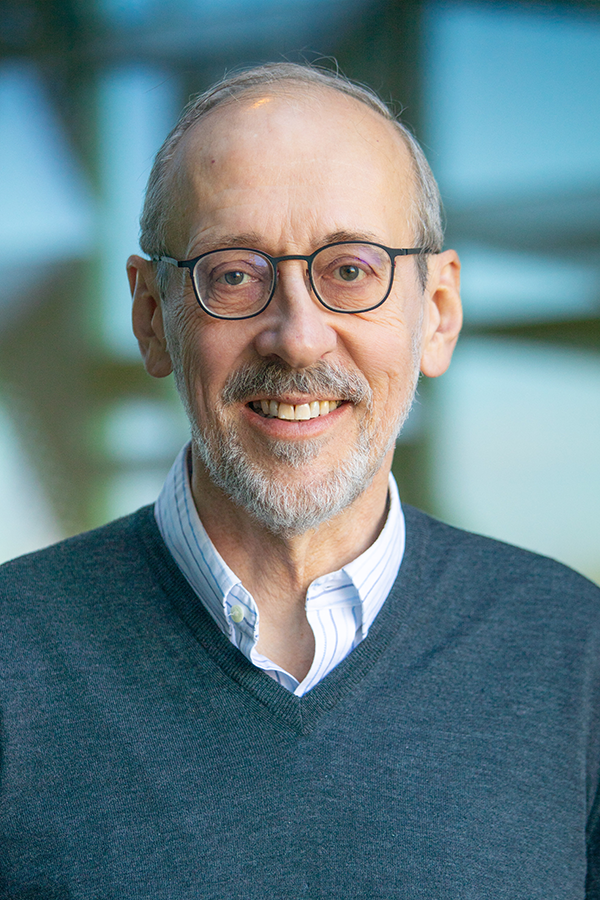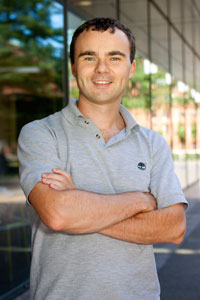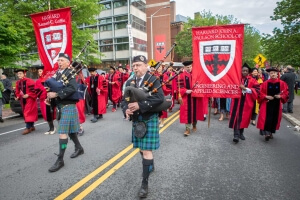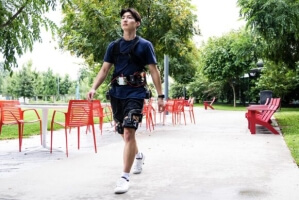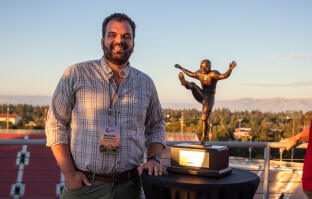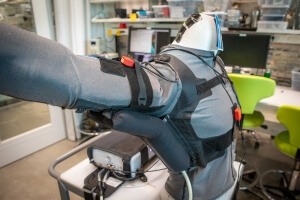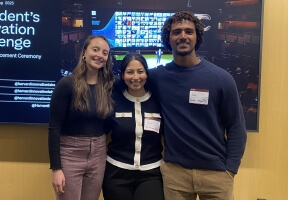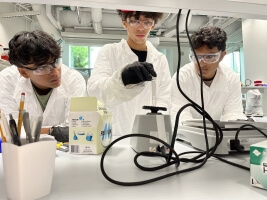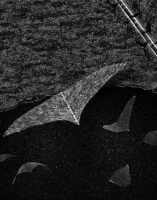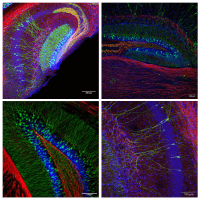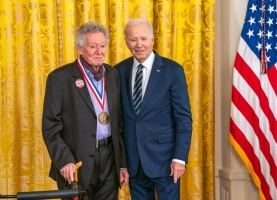Search Results

Bioengineering immune cell differentiation from inside and out
Genetically engineered immune cells are proving themselves as powerful therapeutics for cancer, inflammation, autoimmunity, infection and cardiovascular disease. However, the high cost of manufacturing autologous cell therapies remains a major barrier to widespread utilization. Pluripotent stem cells can be clonally isolated and massively expanded, making them a promising source of affordable off-the-shelf immune cell therapies.
Yale Michaels (University of Manitoba)
to
Science and Engineering Complex (SEC) 4.307/4.308
Bioengineering - Concentration Information
Bioengineering lies at the intersection of the physical and life sciences, incorporating principles from physics, math and chemistry to understand the functioning of living systems. The overarching intellectual goal of biomedical engineering is to apply quantitative engineering analysis to unde...
Bioengineering - First-Year Exploration
Currently enrolled Harvard College students are encouraged to explore their potential interests in Bioengineering (or Biomedical Engineering) by meeting with with Linsey Moyer (Assisstant Director of Undergraduate Studies, Biomedical Engineering).
Bioengineering - How to Declare
Declaring a concentration is an exciting time for undergraduates! Students intending to declare an engineering concentration with an emphasis in bioengineering should follow the steps below. Please plan to contact the ADUS early to avoid the rush!
Bioengineering - Concentration Requirements
The requirements for these concentrations can be found in the Harvard College Handbook for Students.
